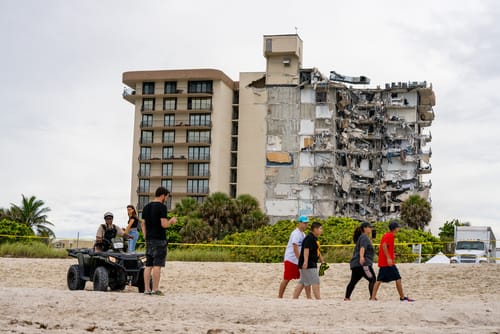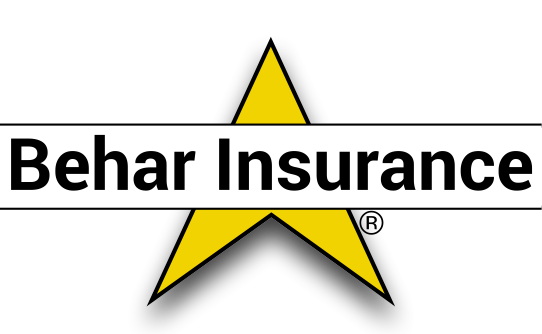Florida’s Condo Crisis: Over 2,800 Properties Blacklisted for Loans

Florida’s condominium market is facing a significant challenge as a growing number of properties are placed on a mortgage blacklist, resulting in widespread loan denials for prospective buyers. This issue has impacted owners like Susan Boshers, a resident of the Hidden Village complex near Orlando. According to WKMG-TV News 6, Boshers reached the final stages of selling her condo, only to discover it was listed on Fannie Mae’s ineligible properties list, failing to meet federal lending standards. While Fannie Mae does not issue loans directly, its refusal to purchase mortgages for blacklisted properties heavily influences lenders, limiting financing options.
Back in early 2022, real estate mortgage giant Fannie Mae had blacklisted 400 condo buildings as ineligible for loans. A few years later, the problem has gotten notably worse, as 1,438 buildings found their way onto the cursed list and many scrambling condo owners received rejections while trying to meet the new state condo regulations that have come about in response to the Surfside tragedy of 2021.
Recently, Fannie Mae publicly released its list of ineligible properties, hosted by the U.S. Department of Housing and Urban Development. This database allows owners to check if their condo is flagged and why. In Boshers’ case, Hidden Village was flagged due to inadequate reserve funding for future maintenance and repairs, rendering it ineligible for FHA or VA loans. This leaves owners like her with limited options: finding cash buyers or those able to make substantial down payments. Fannie Mae and Freddie Mac collectively back approximately 70% of condo loans in the U.S., amplifying the blacklist’s impact.
The blacklist has created significant hurdles across Florida’s condo market. Sheena Tapia, Boshers’ Realtor®, reported losing 10 deals in 2025 alone due to this issue, which affects 88 condo communities in Seminole County. Statewide, 2,810 condo communities are listed as ineligible, with high concentrations in Broward (480), Miami-Dade (482), Palm Beach (350), and Pinellas (238) counties. Florida leads the nation in rejected properties, followed by California (2,563), Texas (591), and New York (545). The primary reasons for ineligibility include structural deficiencies, inadequate maintenance, and insufficient reserve funds.
The issue gained prominence following the tragic 2021 collapse of Champlain Towers South in Surfside, which prompted the Florida Legislature to pass stringent condo regulations in 2022. These laws tightened building inspections, maintenance requirements, and reserve funding mandates. In May 2025, the Legislature introduced revised regulations to provide “critical flexibility” by relaxing maintenance and repair deadlines, aiming to ease financial burdens on condo associations and help remove properties from the blacklist.
This increased transparency and legislative effort mark progress toward balancing safety with affordability. By addressing reserve funding and structural concerns, Florida’s condo communities may find a path to regain eligibility for federal loans, offering relief to owners and buyers alike.
